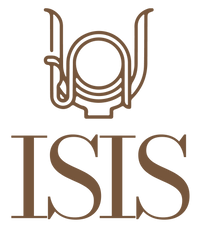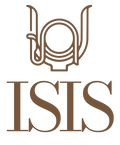How does stress affect your breastfeeding?
Stress can affect breastfeeding in two ways: your milk supply and the contents of your milk.
When you are stressed, your body reacts by releasing cortisol, adrenaline and noradrenaline. Although these hormones can temporarily help your body cope with a stressful situation, over time they can have a negative effect on your body both physically and emotionally.
Studies have shown that breastfed babies have around 40% more cortisol in their bodies than formula-fed babies. Called “secondhand cortisol,” the hormone enters the baby's intestines and triggers neurotransmitter signals that go to the brain, affecting areas that regulate emotions. Although the long-term effects of cortisol in infants are unknown, studies have found that high cortisol levels corresponded to babies crying more or fussing when placed in unfamiliar situations. (1,2,3)
Another study reported a correlation between cortisol levels and fatigue levels in breastfeeding mothers (4). The authors also noted that mothers who were tired and anxious had lower levels of prolactin in their milk than mothers who weren't especially tired or depressed. This can lead to insufficient milk production.
However, the oxytocin secreted during a feeding acts in favor of a reduction in the stress reaction by a reduction in ACTH and cortisol. Thus, a study on oxytocin and stress during the postpartum, allows us to hypothesize that oxytocin, at the crucial moment of the installation of breastfeeding, acts in a beneficial way not only on the physiological state, but also on the psychological state of the mother.
That's why we recommend our ISIS BOOBS Milky Mama gummies, as they contain lavender, which promotes relaxation and soothes the nervous system.
Photo: Alexandra Murcia




Leave a comment